New PSAL rules make sports more accessible
June 12, 2023
Even though QSI doesn’t have a track team, several students ran track this spring under new PSAL rules that allowed them to compete on Townsend Harris High School’s track team.
“There really aren’t many girl sports at QSI besides tennis and volleyball, so when I heard about track, I knew I had to give it a chance even if it meant competing for another school,” said sophomore Angely Ramirez.
The new PSAL rules were created as part of a settlement to a 2018 class action lawsuit filed by New York Lawyers for the Public Interest (NYLPI) on behalf on Black, African-American, Hispanic, or Latinx racial or ethnic groups. NYLPI claimed that PSAL did not provide equal access to sports teams for these groups. As part of the settlement, PSAL agreed to add more shared access programs (SAPs), which would allow students in schools with less than six teams to be able to try out and play for another school.
At first glance, the plan is a signifier of positive change and awareness of the issue. However, with the benefits come downsides. One issue is that students will have to put in much more effort to travel to another school, to figure out how schedules will work out and many other logistics. This raises the question, “Is it really equal access?”
“I feel like it’s not fair because some people can’t travel places because of religious reasons. I think they should create more sports in school instead of other schools so people don’t have to travel for practice,” said sophomore Farabi Shahin. “It might work for others, but many aren’t able to access the practices or the games.”
The students that ran for Townsend Harris High School encountered issues because of the time practice started.
“Me and the other girls that also joined the team were always arriving late because we were waiting for the bus for a while,” said junior Julia Shakarova. “Maybe what could have been done better was making practice at a later time so we would have enough time to get there.”
Another issue is whether schools will be welcoming to students from other schools.
“I felt like the team itself was very friendly, but then it just felt like the Townsend kids were one group and the QSI kids were another group and we weren’t really like a ‘team team,’” said sophomore June Hong. “It was kind of two separate teams.”
However, other students on the track team disagreed.
“The girls were very welcoming and made me feel like I was a part of the team and I’ve never felt that way before,” said Shakarova. “It made me feel very special in a way. Even the coach treated us like we were his kids.”
Sophomore Greta Hasko agreed. “I felt like I was part of the team,” she said.
Despite the drawbacks, the new PSAL rules open up athletic opportunities for more students, especially at small schools that don’t have a lot of teams. Jacques Ertel, physical education teacher and coach, thinks “it’s great for students that play a particular sport that our school doesn’t offer.”
And track isn’t the only SAP that students joined this year. According to Jeffrey Martin, athletic director, there was one student who played baseball for Robert F. Kennedy Community High School.
Still, the right to try out for a team doesn’t mean that students from an outside school will make it.
“There are two sides to that, one [side is] it’s great for students that play a particular sport that we do not have in our building that have an opportunity to try out, so that’s a positive,” said Ertel. “The negative is that they’re going to be trying out with a lot more students, including the students from that school and the surrounding schools so it might be more difficult to make the team – they have to probably be really good to get into that school to play that sport,” he said.
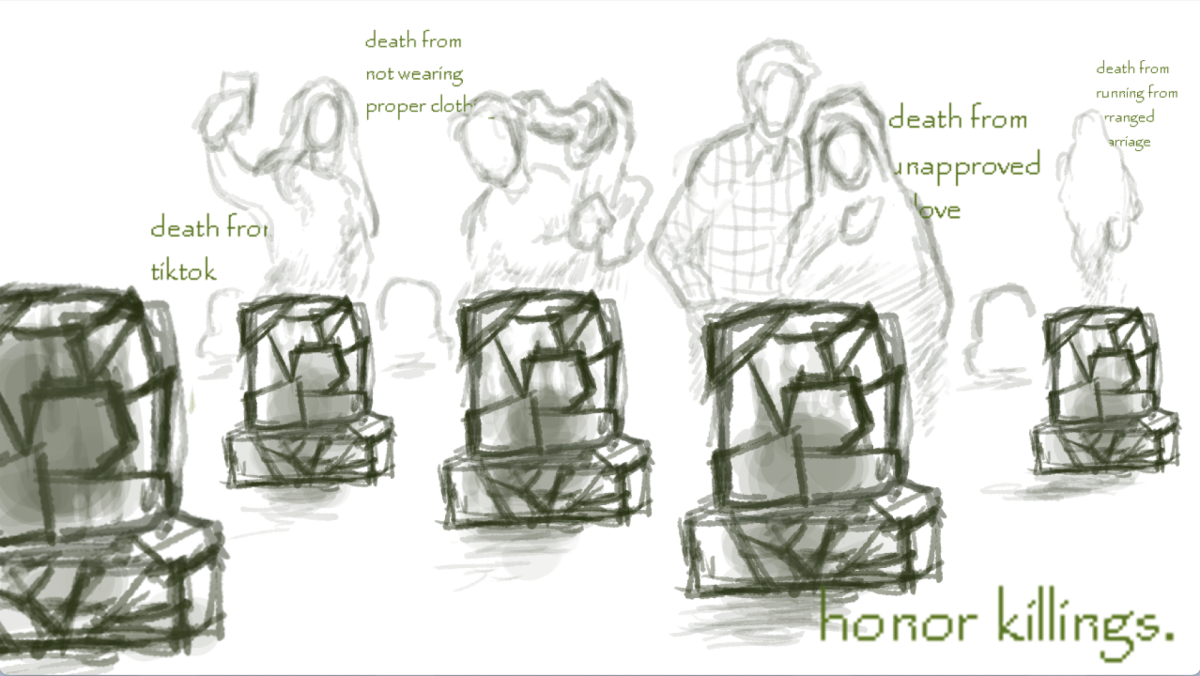

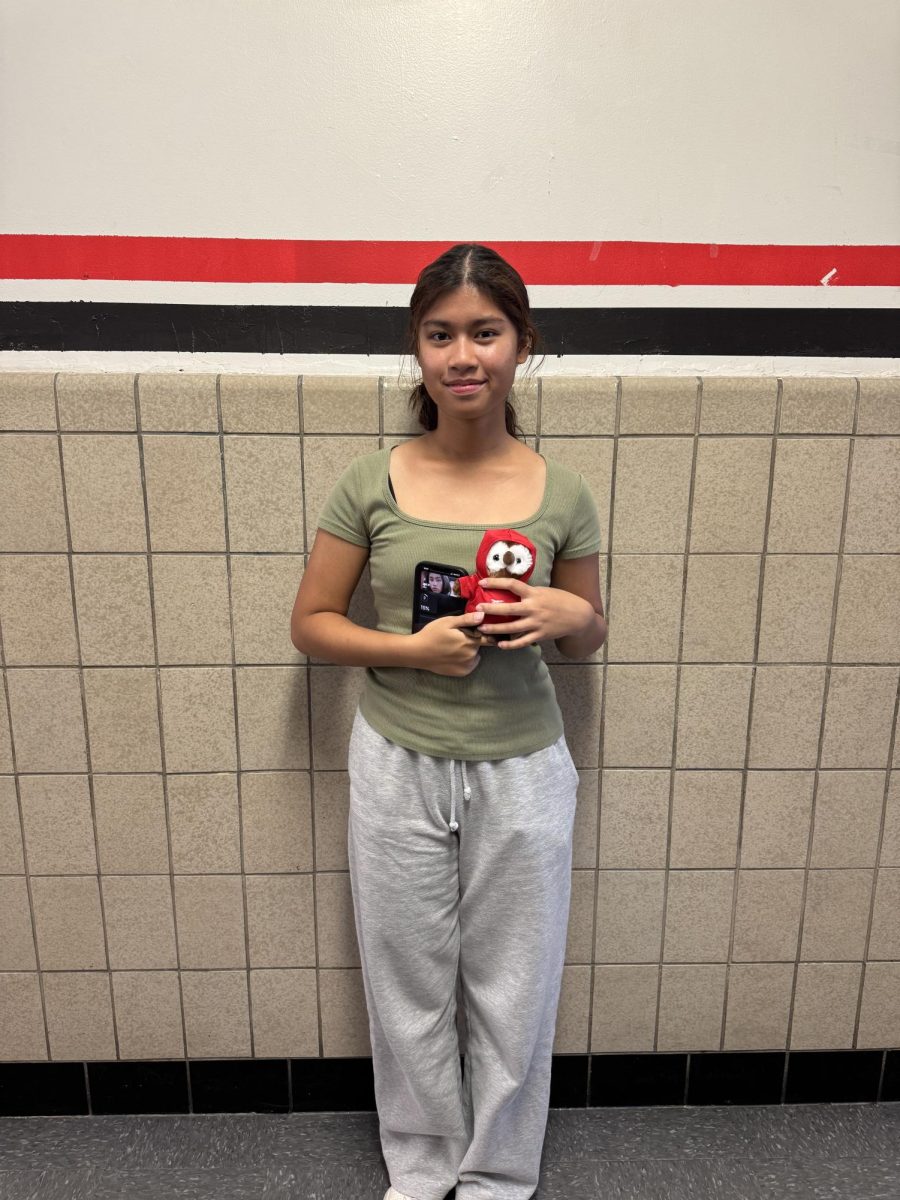
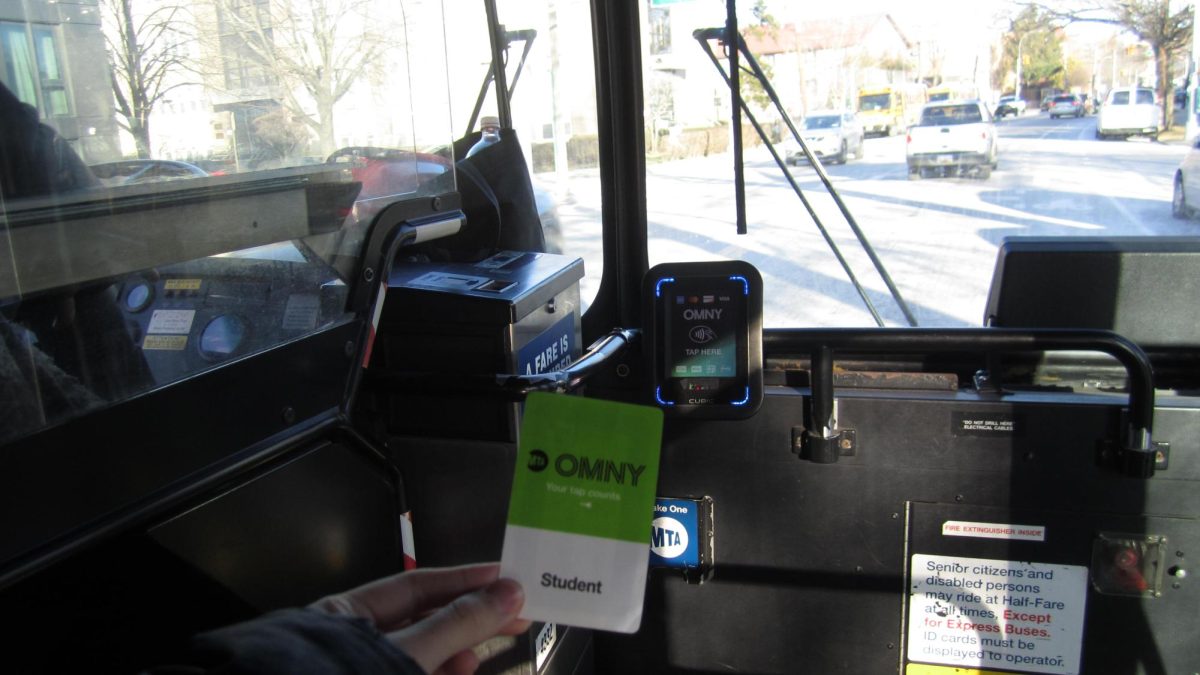
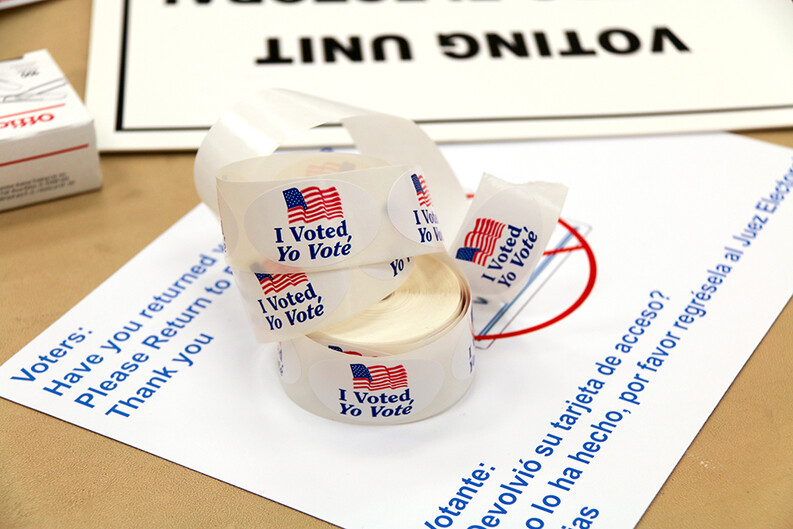
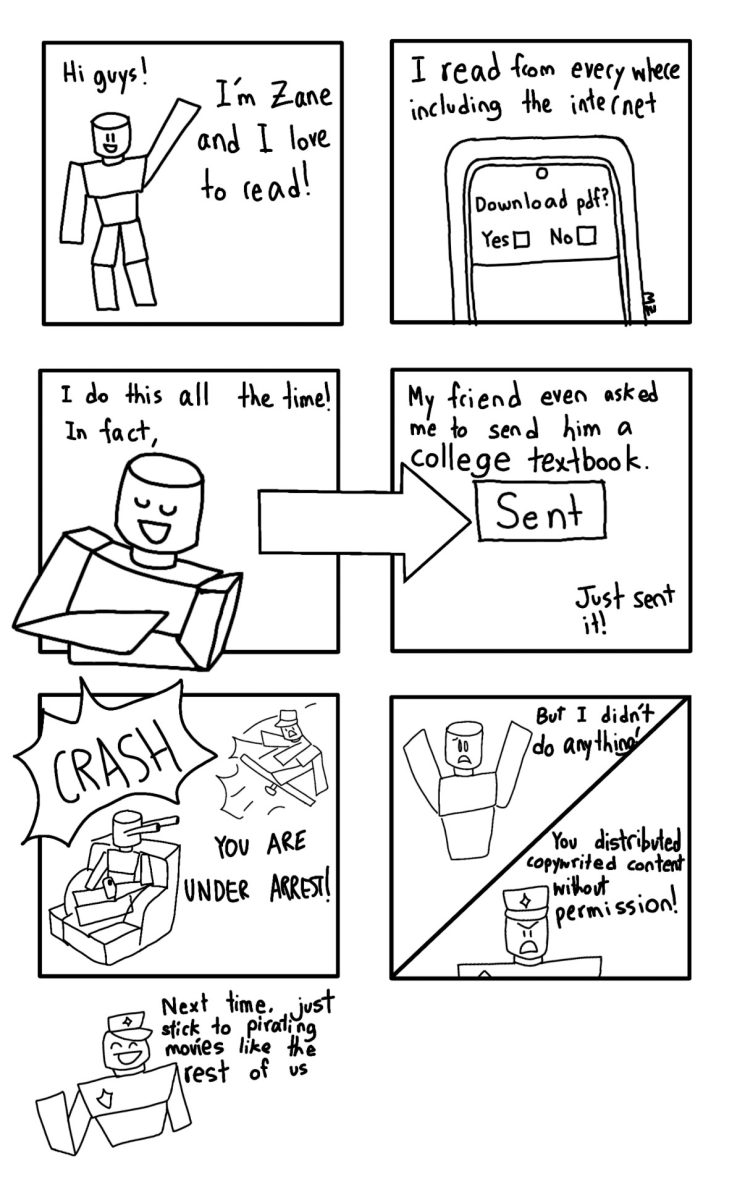

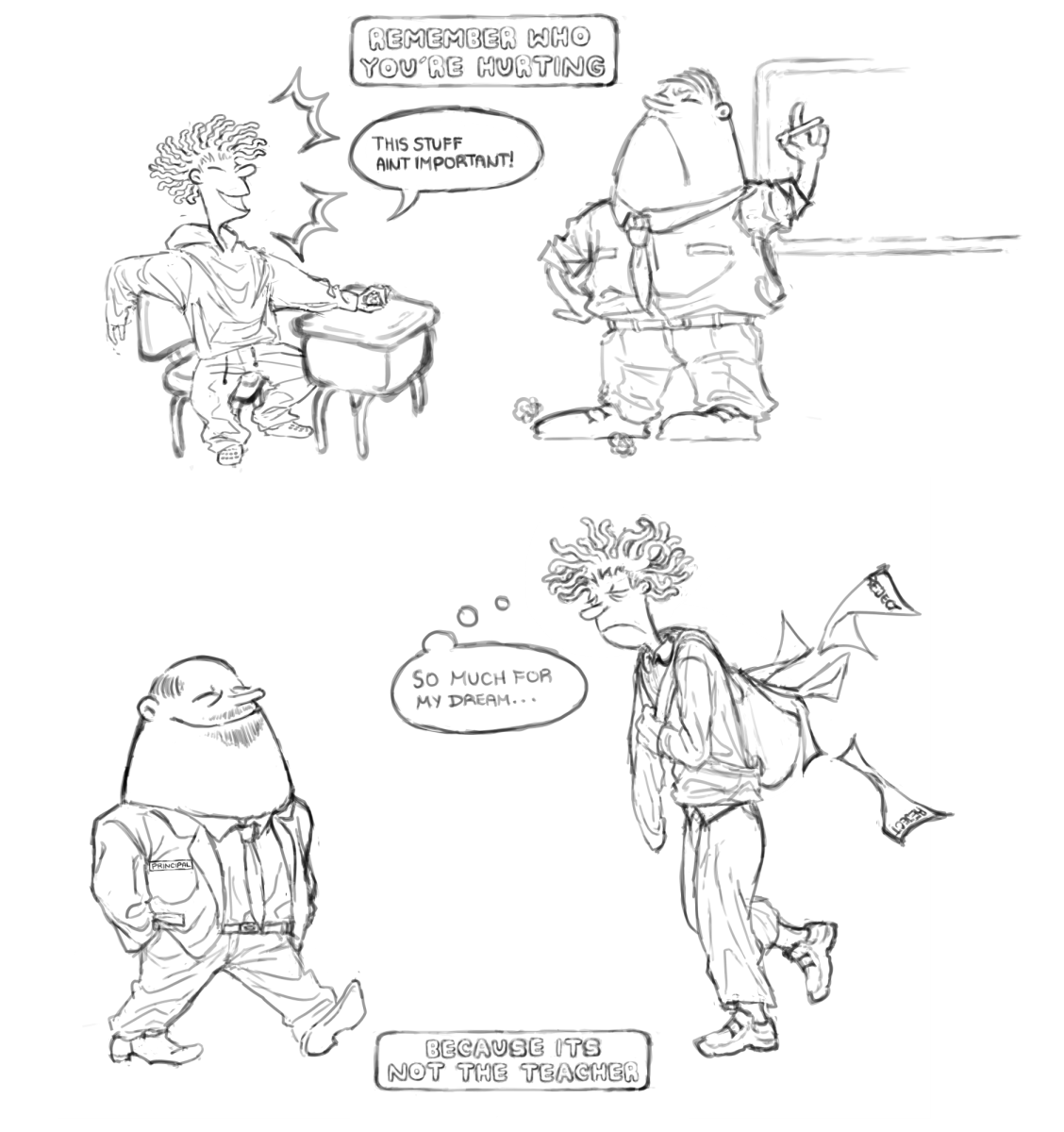
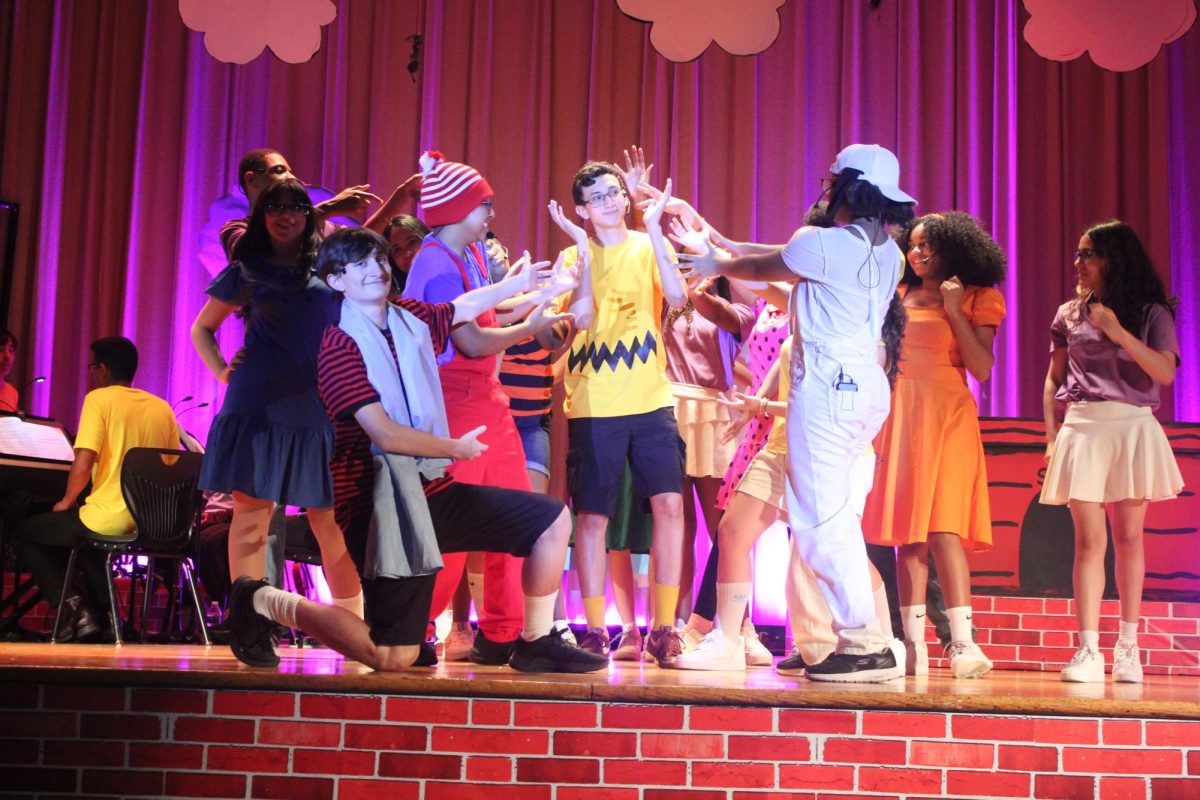
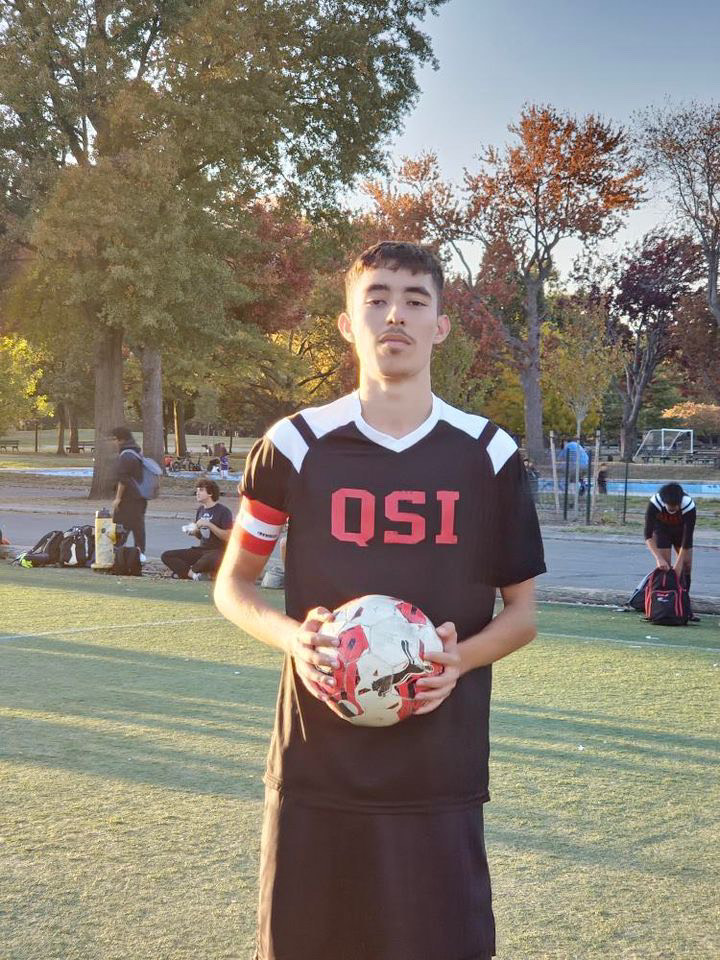
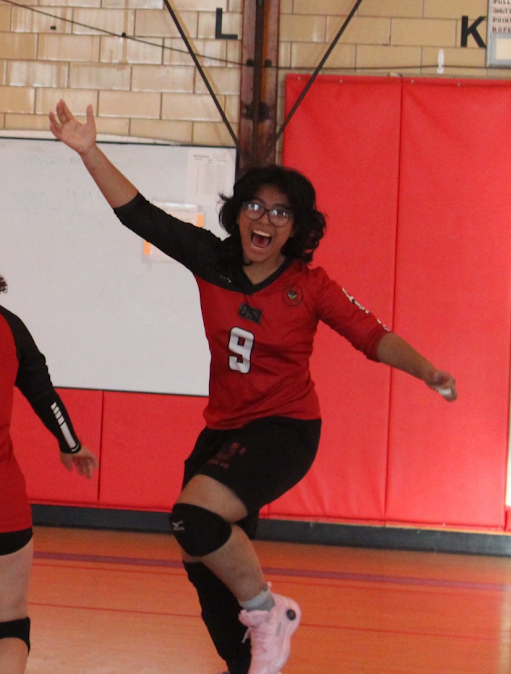
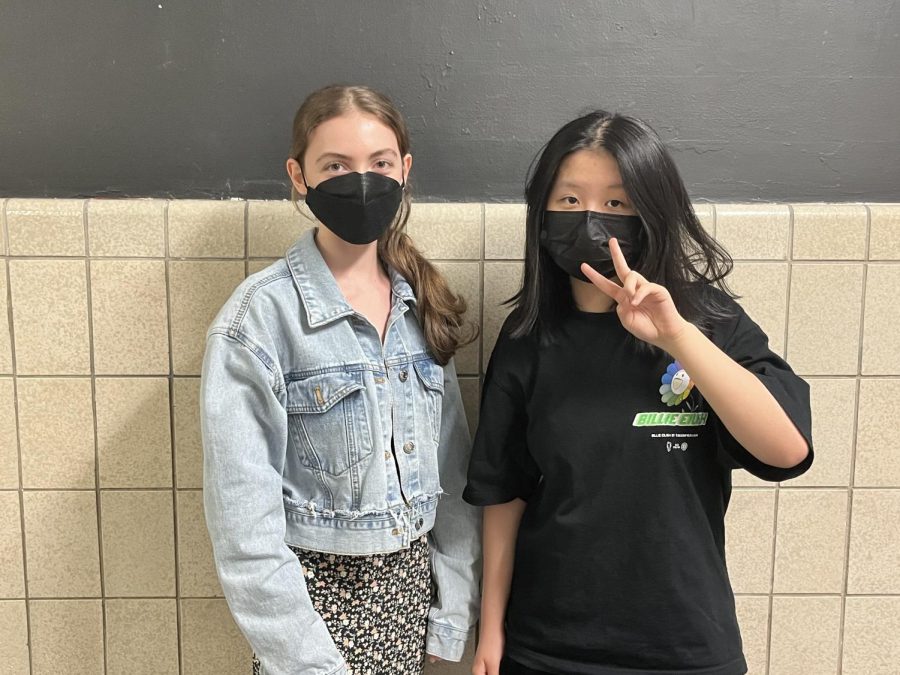
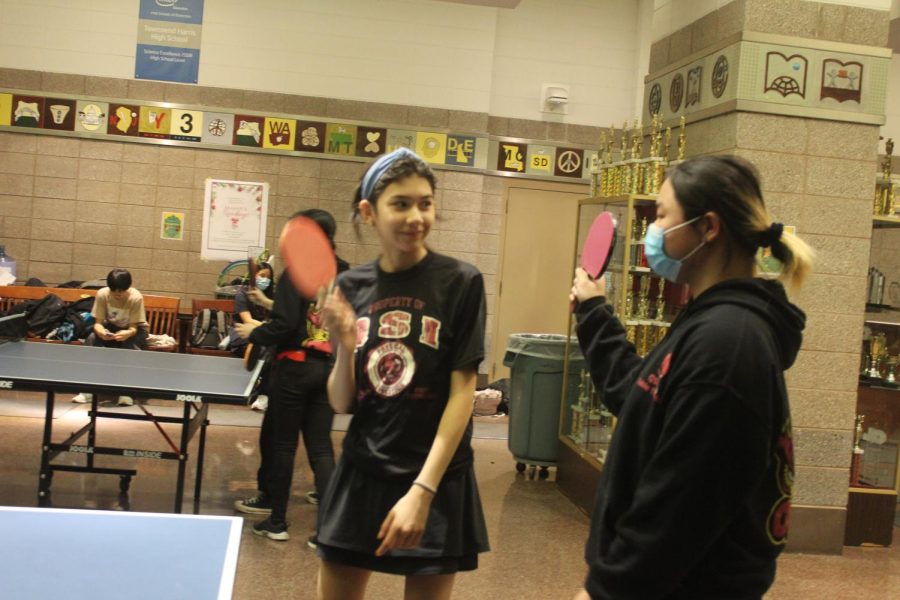
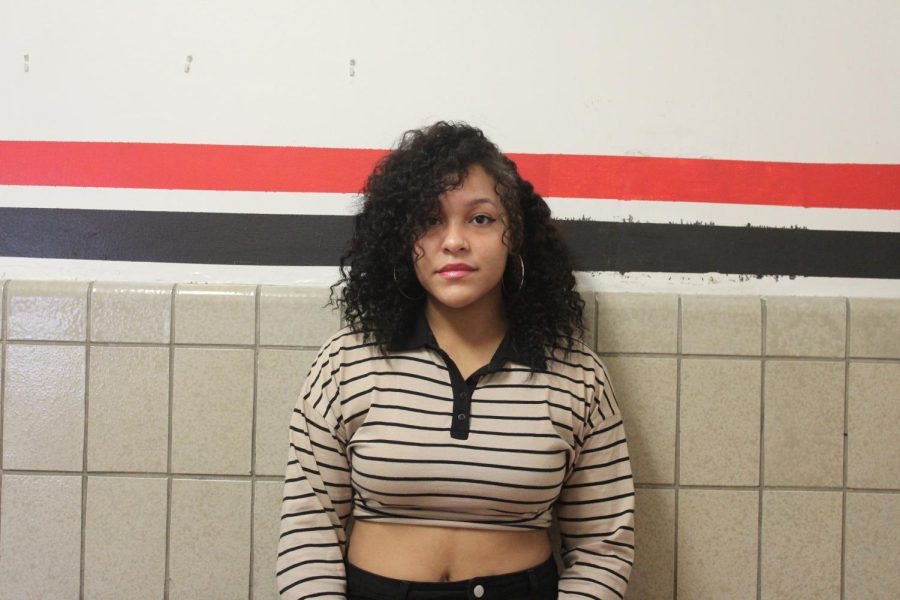





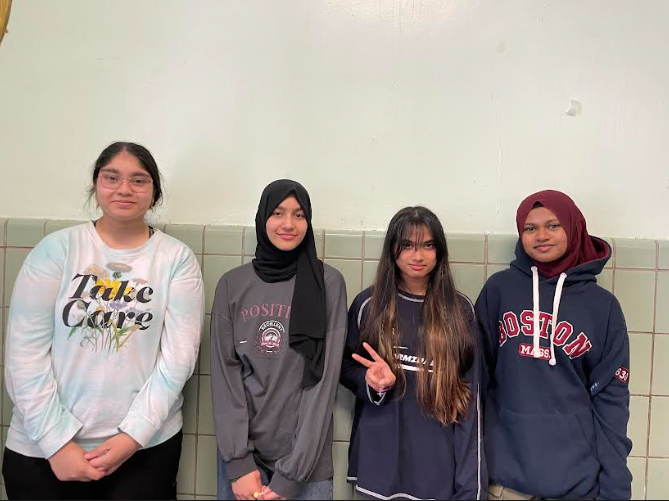

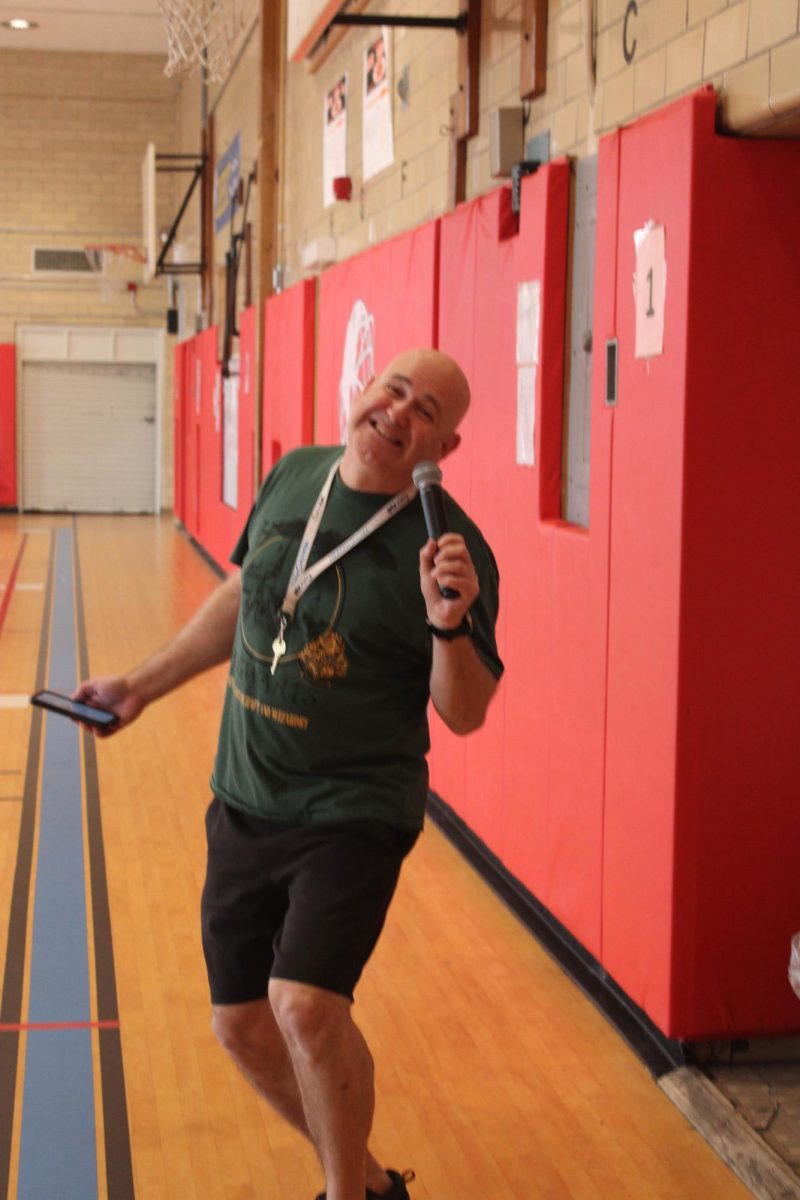
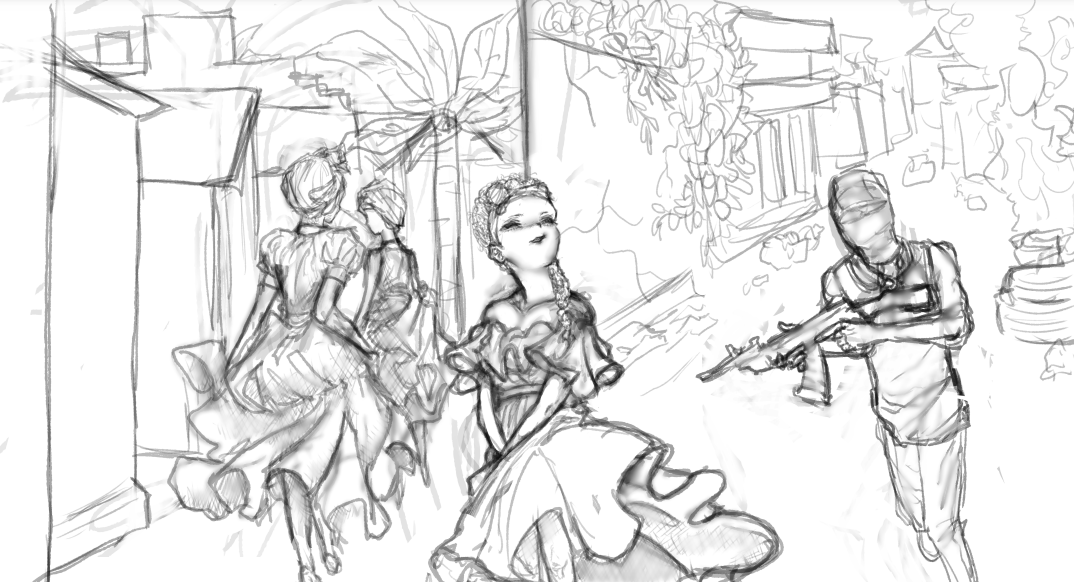






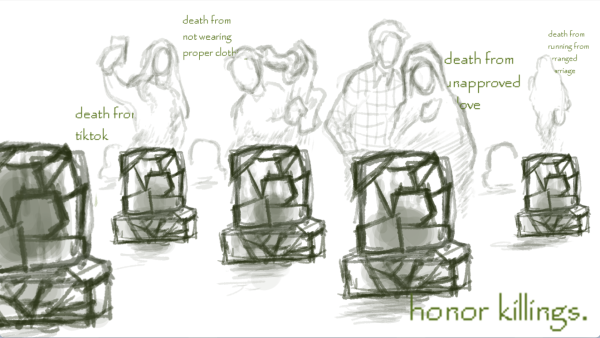

Michael • Mar 17, 2024 at 10:03 PM
This is very accurately portrayed
Jonathan Lowe • Feb 13, 2024 at 8:43 AM
I like how this article shows both sides